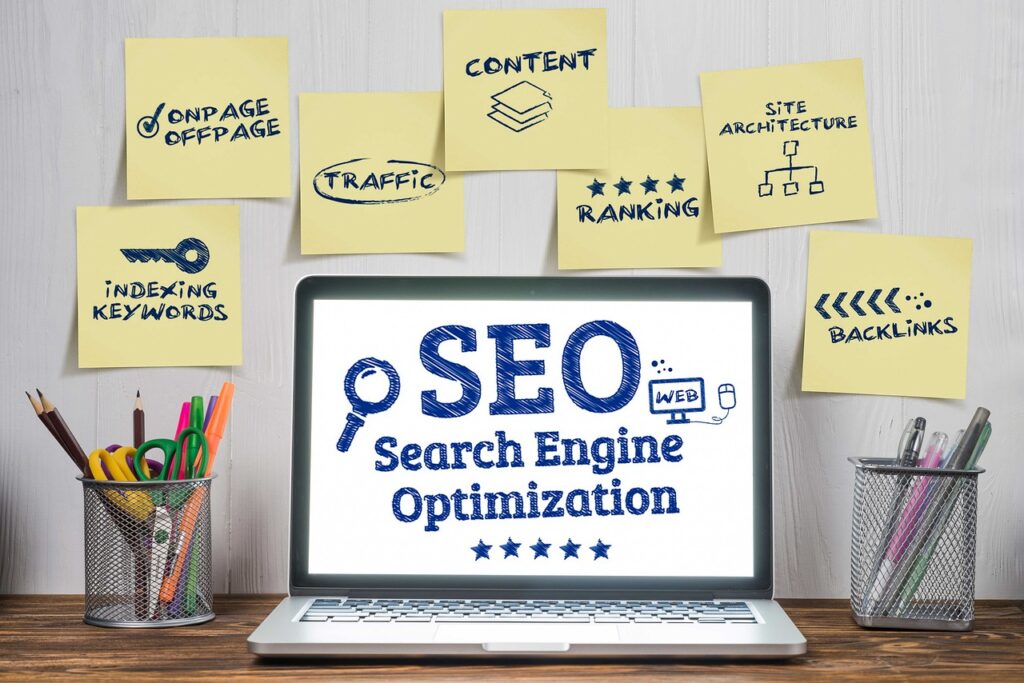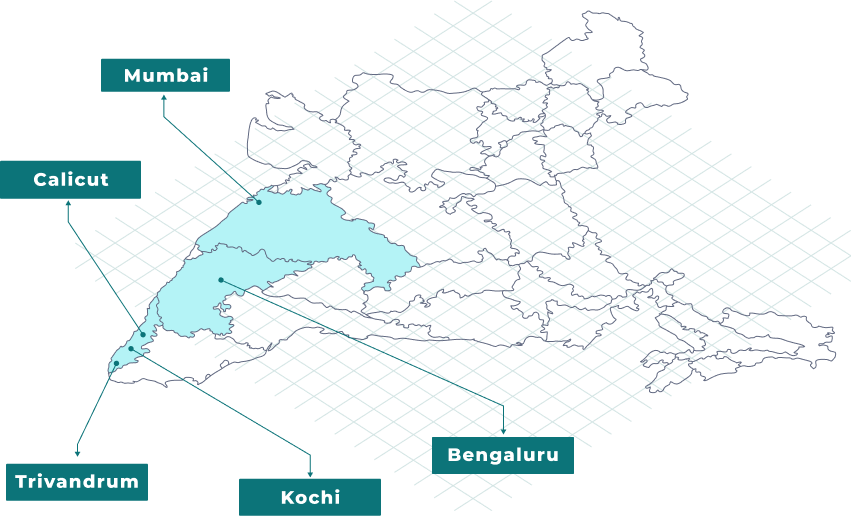This article will help you choose the best Mobile SEO practices.
Content
Content is a major part –if you don’t have relevant, helpful content related to that keyword, you’re not destined to rank for a keyword.
Responsive Site
Google recommends a responsive site and a responsive site means it readjusts its content, and images to look better on both desktop and mobile. But still, everybody designs their pages only desktop-friendly. Whether we’re talking about layout, graphics, videos, or content creation everybody puts thought into what the page looks like on a smartphone screen.
But make sure that your content is responsive in mobile-first!
Websites get more mobile traffic and engagement than desktops. And if most of your traffic is coming from mobile users that means most of your conversions happen on a mobile device.
Technical Aspects of Mobile SEO
Technical features of Mobile SEO should start with title tags, H1tags, content, image alt text, Meta descriptions, and URLs. It will make better changes in mobile searches. Make sure you’re using schema markup.
Don’t use Flash on your website! If you want your site to have any special effects, you can use HTML5.
User experience
The main user experience issue on mobile sites is click size. Whether it’s a menu button or a clickable element, make sure the clickable area is large enough for finger taps. Users will get unsatisfied when they can’t click what they’re trying to click.
Forms
Most of people don’t put much thought into their mobile forms, thinking that the responsive site solves everything. On the screen, the forms need to fit well and they need to be easy to use.
Font size is also important. It should be readable, and enough space between lines.
A large screen image on a desktop is considerably larger than a full-screen image on a mobile device, so to serve up different images based on screen size change your website codes.
Mobile Site Speed
When you’re browsing sites on your phone, there’s nothing worse than going to a site that loads too slowly. Loading speed is a major Google ranking factor. slow sites get penalized.
Optimizing for Local
Mobile searches are inherently local. Google knows that you’re searching from a mobile device, and if that search has anything to do with local businesses, it’s going to show localized results.
Content should be localized and you should include the city name in the content.
Optimize your Google My Business profile.
Reviews are more important in the local algorithm. Keep updating reviews.





